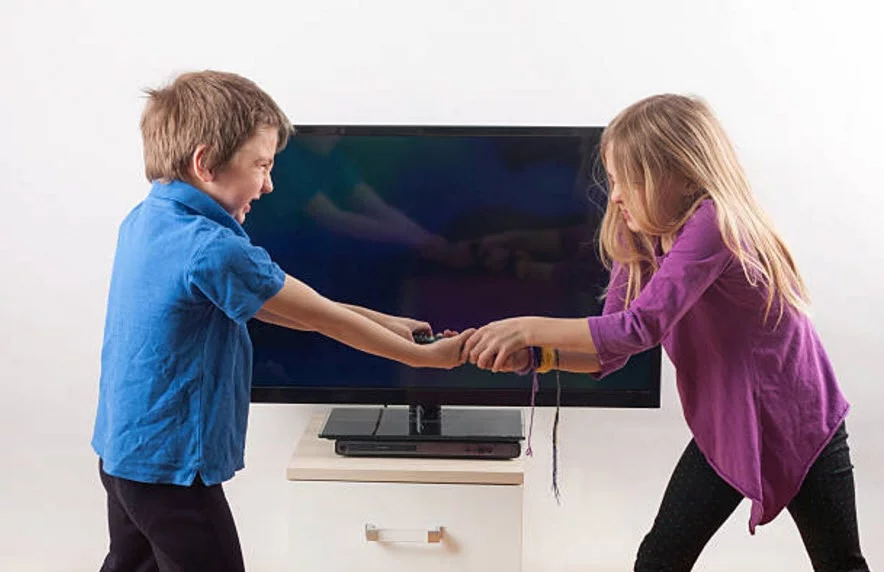With National Sibling Day, you’re probably going to see a lot of posts by people reminiscing about their childhood, and carefully glossing over any sordid details about rivalry or childhood fights. For anyone growing up in – or raising – a household of more than just one, they know tranquility is not always the endgame. For some families, sibling rivalries can have enough tension and pressure to supply Marie Antoinette with a full diamond necklace. So, how do you go about raising your kids to make sure they don’t suffer from any tension with their siblings?
As a parent, if you see your children arguing, try your best to not intervene. Do intervene only if the disagreement between them gets physical, but try to step in during the fight as little as possible. While it might be your first instinct to jump in and protect, this exact mentality is why this tactic is detrimental. When parents step into a fight with a sibling – especially one where it is unnecessary – children will start believing they need to be rescued in every fight they’re in. And instinctually, one of your children can feel like you’re picking sides if you choose to rescue and protect one, but not the other. If you ever do step in, try your best to be a neutral mediator, and give your children the responsibility of coming to a resolution themselves. It’ll teach them nothing if you resolve their issues for them.
If the fight gets physically or verbally aggressive, then jump in and separate your children. Use as little language as possible, to not miscommunicate who is or who isn’t to blame. After separating your kids, it’s vital that they get some alone time away from each other. As a concerned parent, you might get the feeling that you need a resolution right now, but talking about the conflict may only rehash the argument instead of squashing it. When they are calm, that is when it’s best to start talking about it. At that point, all parties can speak a bit more rationally (or, if you’re lucky, they might be over it by then! Major win!). Learn how to reach a compromise, or an agreement, so that both children are satisfied. If there was a toy were fighting over, perhaps they can play a board game in lieu of that. If someone was pulling the other one’s hair, talk it through with them, and coach them on how handle situations without physical touch.
Regardless of the stigma that is attached to arguing, sometimes letting your children hash out arguments and vent their frustrations is a healthy thing. It all depends on how the issues are tackled. Disagreements often helps to foster useful debate skills, gain perspective, and teaches children how to handle conflict in and out of their personal lives.
At McGruff, we’re here to help you deal with conflict under your roof, and outside of it. Sibling fights can be handled easily, but emergency situations are sometimes out of our control. With the McGruff Safe Kit, you can conveniently store your child’s hair samples, DNA, fingerprints, and a recent photo. Request a kit today!






